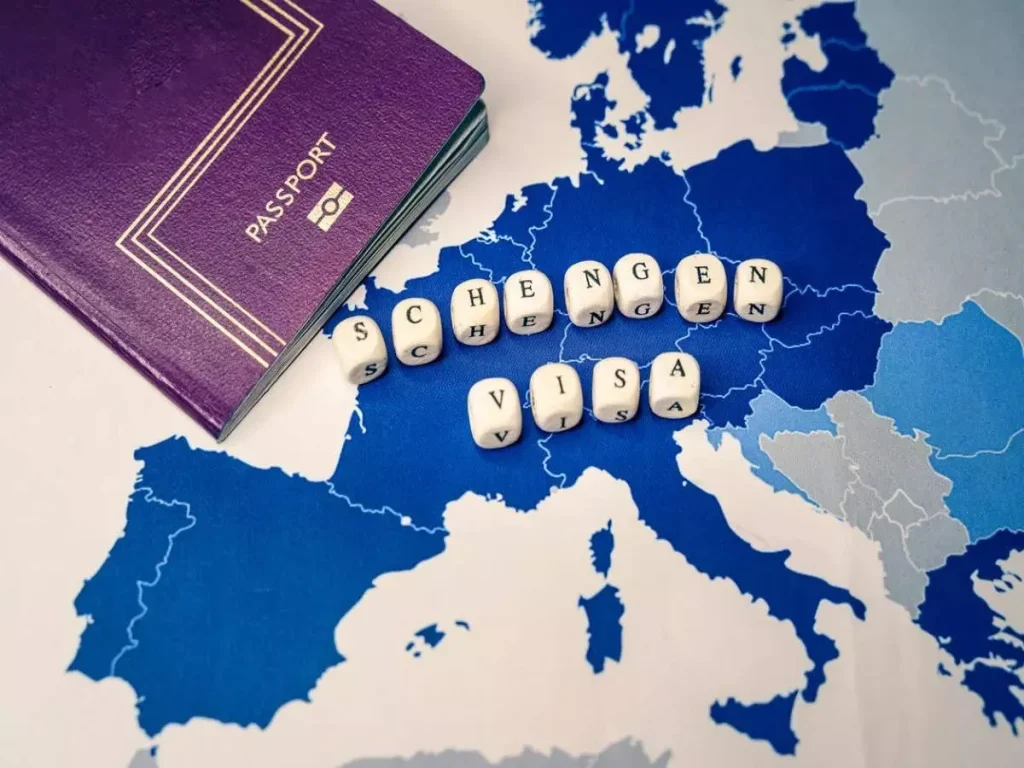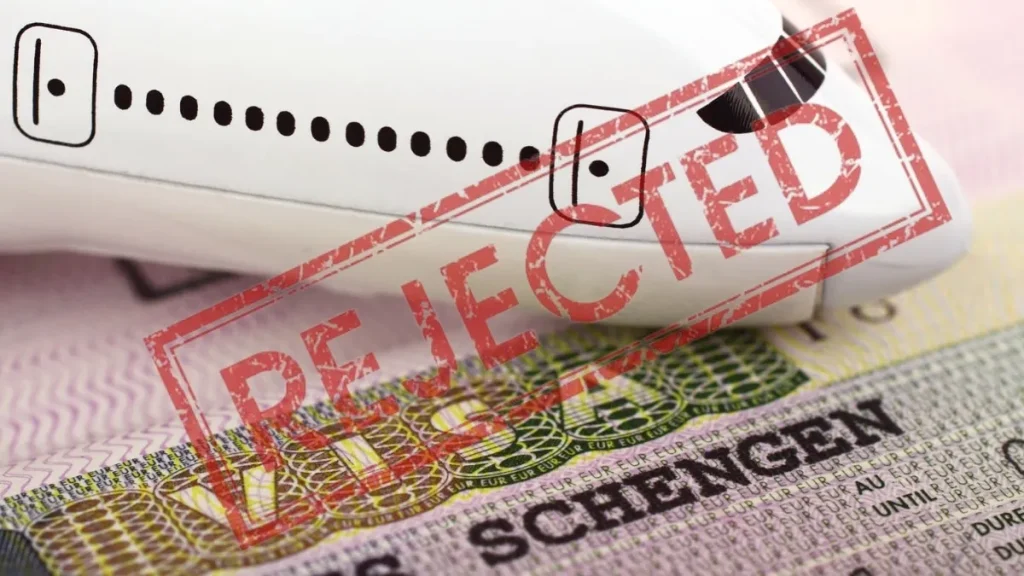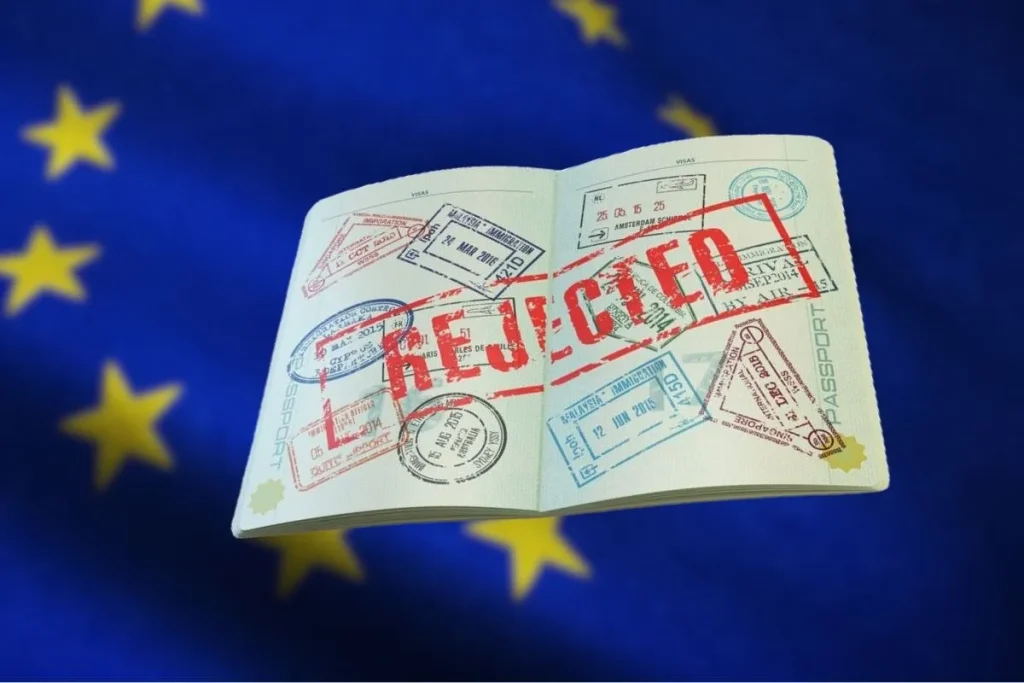Facing the disappointment of a visa rejection after booking flights, hotels, and paying fees can be frustrating. In 2022, over 100,000 Indians experienced Schengen visa rejections, leading to a substantial loss of Rs 87 crore due to non-refundable expenses, as reported by Teleport.

Essential Documents for a Schengen Visa Application
When applying for a Schengen visa, you must provide:
- A passport valid for at least three months beyond your departure from the Schengen area.
- A completed visa application form.
- A passport-sized photo meeting ICAO standards.
- Medical insurance covering emergency situations, hospitalisation, and repatriation.
- Documents proving the purpose of your visit, financial means, accommodation, and intent to return to your home country.
- Fingerprints (where applicable).

Navigating the Schengen visa application process can be challenging. To improve your chances of approval, here are common pitfalls to avoid:
1. Incomplete Application Forms
Submitting an incomplete application form is a major reason for visa rejection. Ensure that every section is fully and accurately completed.
2. Incorrect or Inconsistent Information
Inconsistent or false information can result in denial. Double-check all details for accuracy and consistency before submission.
3. Insufficient Financial Proof
Not demonstrating enough funds to cover your trip can lead to rejection. Provide recent bank statements or other evidence of financial stability.
4. Invalid Travel Insurance
Travel insurance is mandatory for a Schengen visa. Ensure your insurance meets all requirements, including coverage for medical emergencies and repatriation.
5. Lack of Accommodation Proof
Failure to provide proof of accommodation for your entire stay can lead to denial. This can be a hotel reservation or an invitation from a host.
6. Missing Flight Itinerary
A confirmed flight itinerary is necessary. Without it, your visa application may be rejected.
7. Inadequate Purpose of Visit Explanation
Clearly explain the purpose of your visit and provide supporting documents like a detailed itinerary or invitation letter.
8. Applying Too Early or Too Late
Timing is crucial. Apply for your visa ideally three months before your planned travel date to avoid issues with timing.
9. Insufficient Documentation
Ensure you have all required documents, including a valid passport, photographs, financial statements, and any additional documents specified by the embassy or consulate.

Tips for Indian Applicants to Avoid Rejection
- Financial Requirements: Provide bank statements for the last 3-6 months showing sufficient funds and proof of employment or business activities.
- Travel Ties in India: Demonstrate strong ties to India, such as property ownership or a stable job. A good travel history also helps.
- Specific Documentation: Ensure your passport is valid, include confirmed flight bookings, and purchase travel insurance that meets Schengen requirements.
- Additional Tips: Consider using a visa application centre to minimise errors. Be mindful of your online presence and avoid posts suggesting you may not return to India.
Although the visa application process can be intricate, careful preparation and attention to detail can greatly improve your chances of approval. Ensuring you meet all requirements and providing accurate, complete information will help you avoid common pitfalls and secure your Schengen visa.

If your application is rejected, you have the right to appeal within 60 days. Review the rejection reason provided by the consulate, make necessary corrections, and reapply when ready. With the right preparation and a valid travel insurance plan, you’ll be one step closer to experiencing Europe’s rich offerings.
